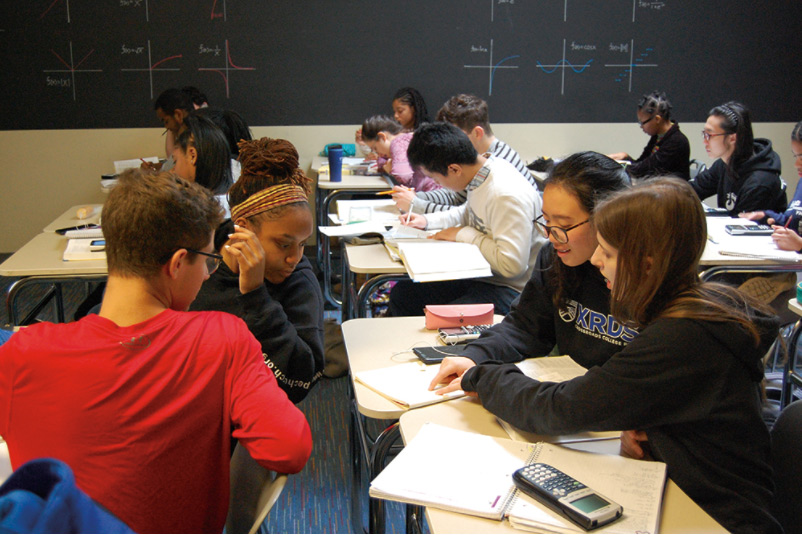
Editor’s note: This post from Wayne D’Orio appeared Monday on The 74.
As the new school year ramps up, much of the national attention is focused on mask mandates and how aspects of U.S. history will be taught. But away from the spotlight, the issue of school choice is quietly gaining acceptance, with seven states passing legislation this year that assists parents in at least partially funding their children’s education outside of public schools.
The tumult caused when the pandemic forced classes to go online made the idea of education savings accounts much more acceptable than before, said Michelle Exstrom, program director at the National Conference of State Legislatures. As options such as homeschooling and learning pods gained popularity, parents and legislators “opened their eyes to different choices.”
“Some states that have been working at this for a while made some headway” in 2021, said Exstrom. “It’s definitely a priority for Republican policymakers.”
“It was a happy convergence of factors,” said Patrick Wolf, a professor of education policy at the University of Arkansas. “There was an opportunity to press forward in states where they’ve fallen short” of passing legislation in the past.
Of the seven states that passed school choice bills for the first time this year — Indiana, Kentucky, Missouri, New Hampshire, West Virginia, Arkansas and Ohio — five created education savings accounts, in which parents receive state money or tax credits to use for private school tuition, tutoring, counseling, transportation or other educational needs.
Tax-credit scholarships are the most common form of private school choice programs, operating in 21 states. With this year’s legislation, 10 states now have ESAs, eight funded by direct government appropriation and two funded by tax credits. “ESAs are the future of private school choice,” said Wolf. “It’s the model that provides the maximum amount of customization.”
To continue reading, click here.


